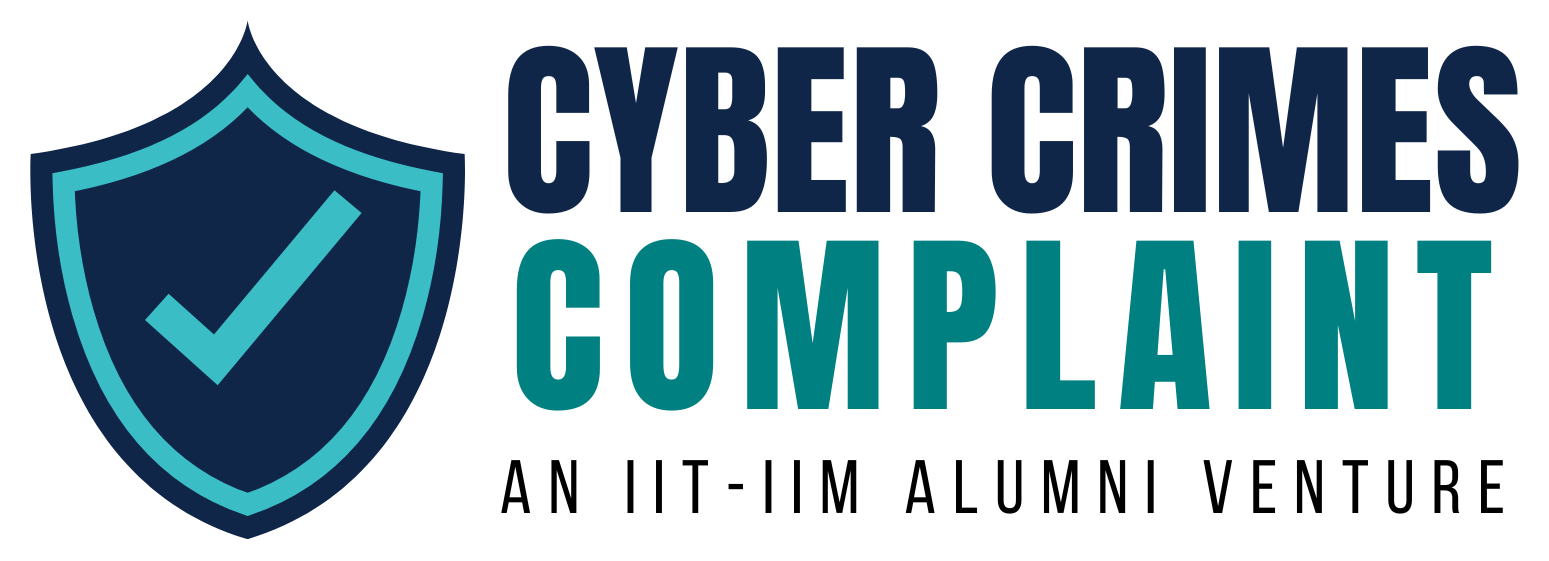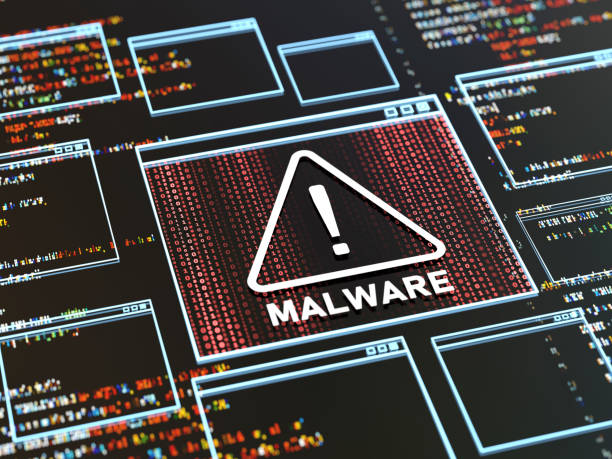Malware and Ransomware: Protecting Your Data from Digital Threats
Malware and ransomware are among the most dangerous and disruptive forms of cyber crime, capable of causing significant damage to individuals, businesses, and entire networks. These malicious software attacks can lead to data loss, financial ruin, and operational shutdowns. At cybercrimes complaint, we are dedicated to helping victims of malware and ransomware attacks take immediate action to protect their data, recover from the attack, and prevent future incidents.
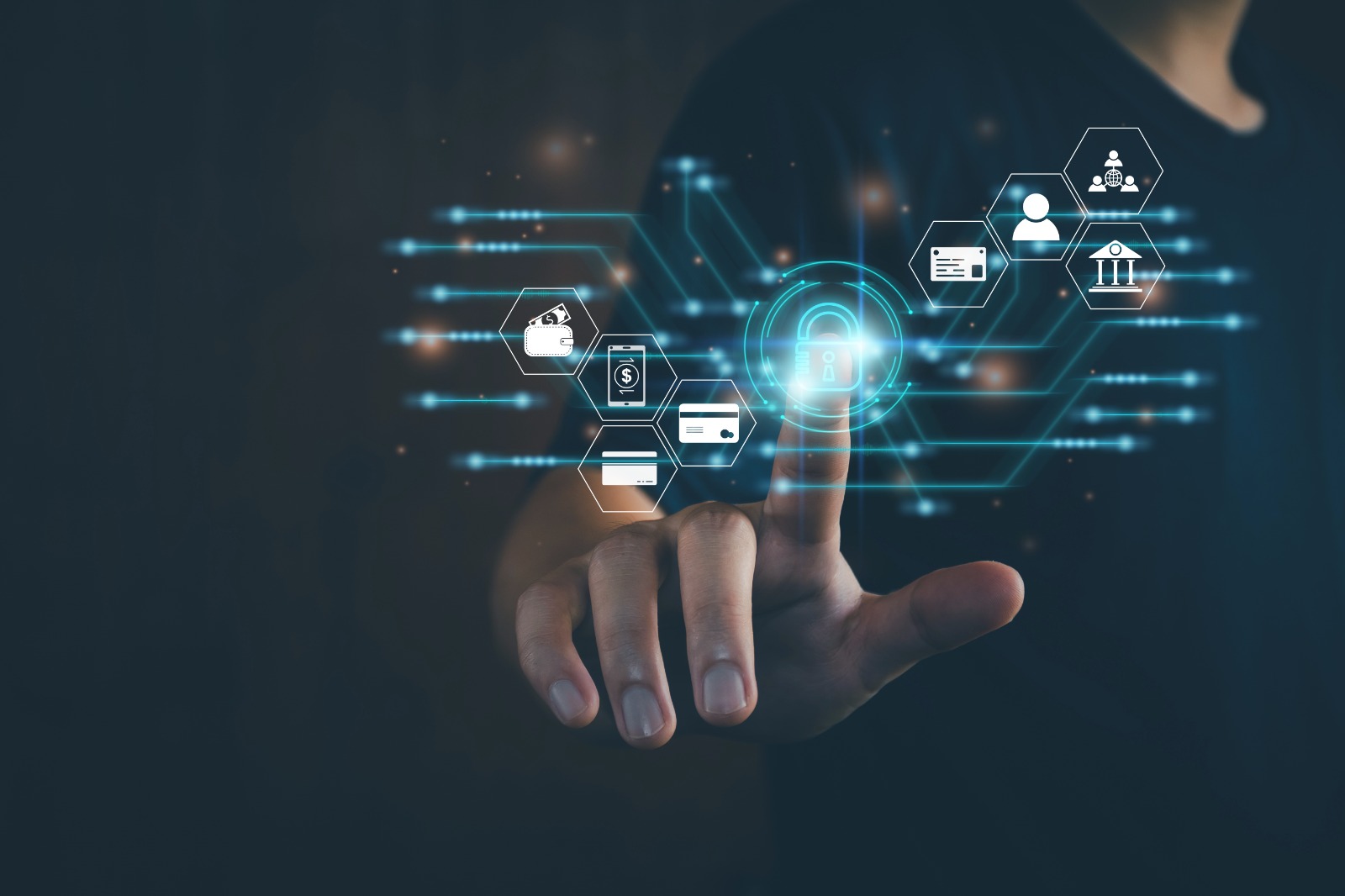
What Are Malware and Ransomware?
Malware is a broad term for malicious software designed to infiltrate, damage, or disable computers, networks, or devices. Malware can take many forms, including viruses, worms, Trojans, spyware, and adware. Once installed, malware can steal sensitive information, corrupt files, or give cyber criminals unauthorized access to your system.Ransomware is a specific type of malware that encrypts a victim's files or locks them out of their system, demanding a ransom payment in exchange for restoring access. These attacks can cripple individuals and businesses by rendering important data inaccessible until the ransom is paid. However, don't pay ransom as there's no guarantee that paying will result in your data being restored, and it only encourages criminal activity.
Common Types of Malware and Ransomware
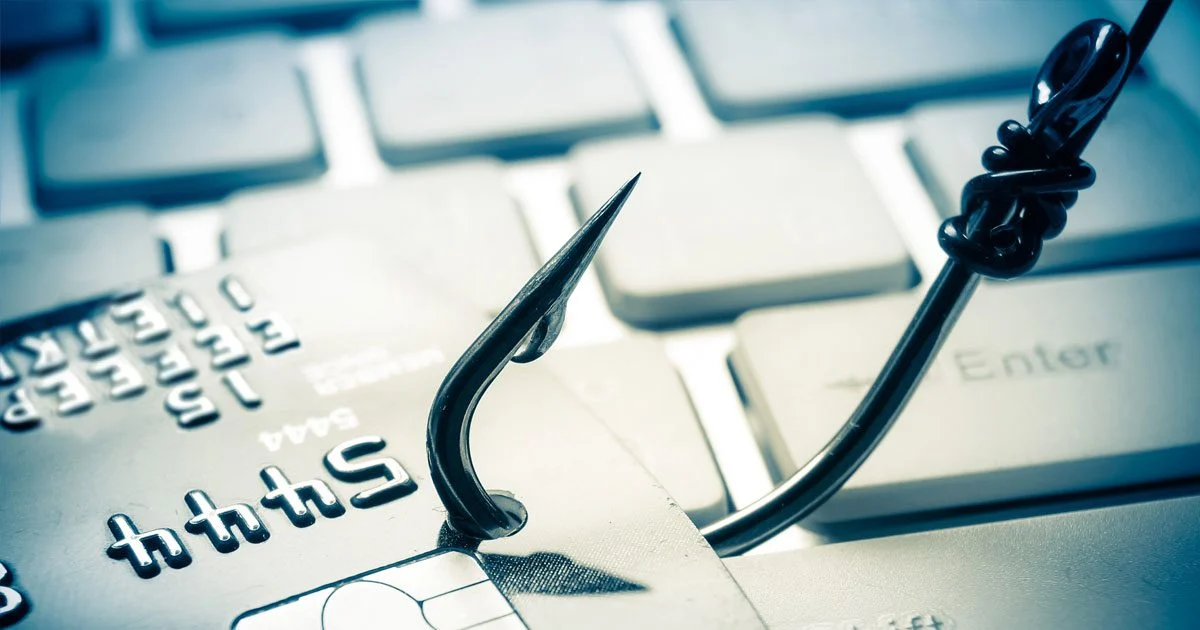
These types of malware spread by attaching themselves to legitimate files or programs, replicating themselves, and infecting other files or systems.
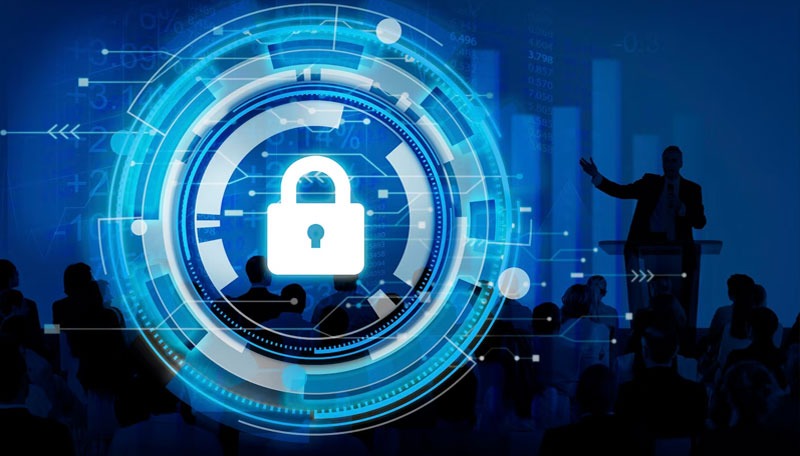
Disguised as legitimate software, Trojans trick users into installing them, allowing cyber criminals to gain access to the infected system.

This malware covertly collects information about a user's activities, such as browsing habits, login credentials, and personal information, and transmits it to the attacker.

Adware displays unwanted advertisements on your device, often redirecting your browser to malicious sites or slowing down your system.

Attackers use malware to hijack your system's processing power to mine cryptocurrency, often without your knowledge.

This type of ransomware locks users out of their devices entirely, displaying a ransom demand that includes payment instructions to regain access.

Encrypts a user's files and demands a ransom for the decryption key. If the ransom isn't paid, the files may be permanently lost.
The Impact of Malware and Ransomware
Falling victim to malware or ransomware can have devastating consequences:
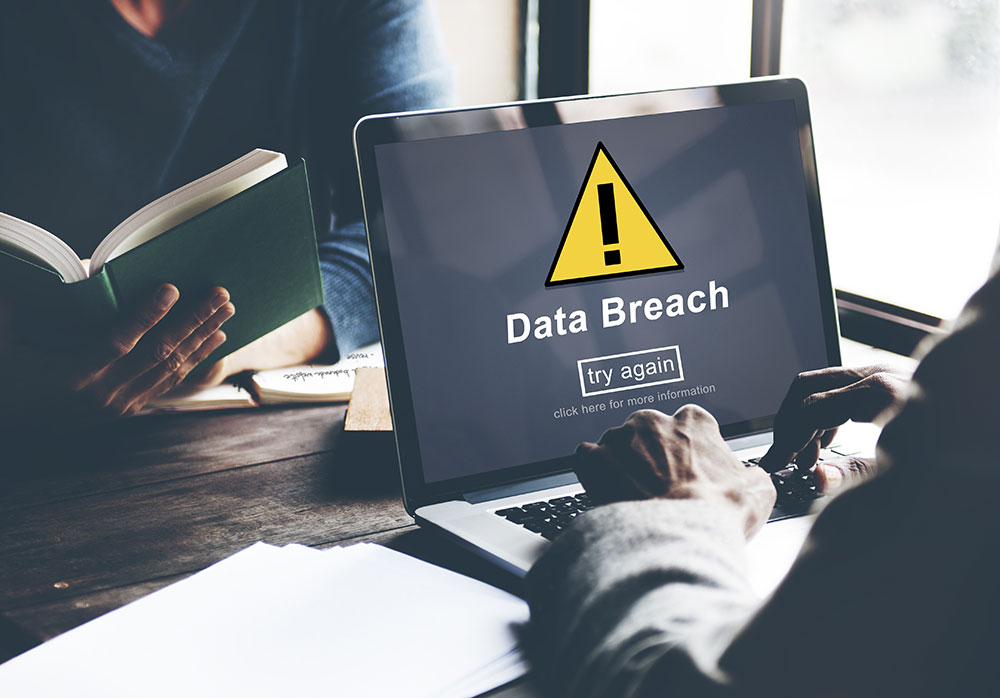
Encrypted or corrupted files may be permanently lost if backups aren't available.

Recovering from an incident can be costly, especially if it involves attempts to recover money from fraudulent bank transactions.

Ransomware can bring business operations to a halt, leading to lost productivity and revenue.

Malware can steal sensitive personal or financial information, leading to identity theft or further cyber crimes.

Businesses may suffer reputational harm if customer or employee data is compromised, leading to loss of trust and potential legal liabilities.
Immediate Steps to Take After an Attack
If you suspect your computer or device has been infected:
from the internet and local network immediately to prevent the spread of infection.
to contain the incident.
if possible, to external drives not connected to the affected system.
such as screenshots of ransom demands and any suspicious communication.
to your local police station or Cyber Crime Cell. Provide your email ID, phone number, and all relevant details.
for immediate assistance.
How We Can Help
If you've been targeted by malware or ransomware, swift and effective action is crucial to mitigate the damage. Cybercrimes complaint offers comprehensive support to help you respond to and recover from these attacks:We guide you through the steps to isolate the infected systems, contain the spread of the malware, and prevent further damage.
Our experts work to restore your files, exploring alternatives to paying the ransom wherever possible.
We assist you in filing a formal complaint with the relevant authorities, including law enforcement agencies like the FBI (for issues affecting national security), the Internet Crime Complaint Center (IC3.gov), and CISA for ongoing crime incidents.
We help you clean system components and restore your systems, ensuring that all traces of the malware are removed and that your systems are secure.
We connect you with legal professionals specializing in cyber crime to help you navigate the legal complexities and protect your rights.
We provide advice and tools to strengthen your cybersecurity defenses, including implementing robust backup solutions, antivirus software, and network security measures.
Preventing Malware and Ransomware Attacks
While we are here to help if you fall victim to malware or ransomware, prevention is key. Here are some steps you can take to protect your systems and data:
Regularly update your operating system, antivirus programs, and all applications to protect against known vulnerabilities.
Create complex, unique passwords for all your accounts. Consider using a password manager to help maintain different passwords for different services.
Avoid opening suspicious attachments or clicking links from unknown sources, as these can be delivery mechanisms for malware.
Cybercriminals often trick users into revealing personal information through fraudulent communication.
Stay informed about the latest malware and ransomware threats based on your location and country's specific risks.
Ensure you can restore your important information if an attack occurs.
Get in Touch
If you have any questions or need assistance with a cyber crime issue, please don’t hesitate to contact us. Reach out via email at info@cybercrimescomplaint.com or use our contact form to get in touch with a member of our team.
